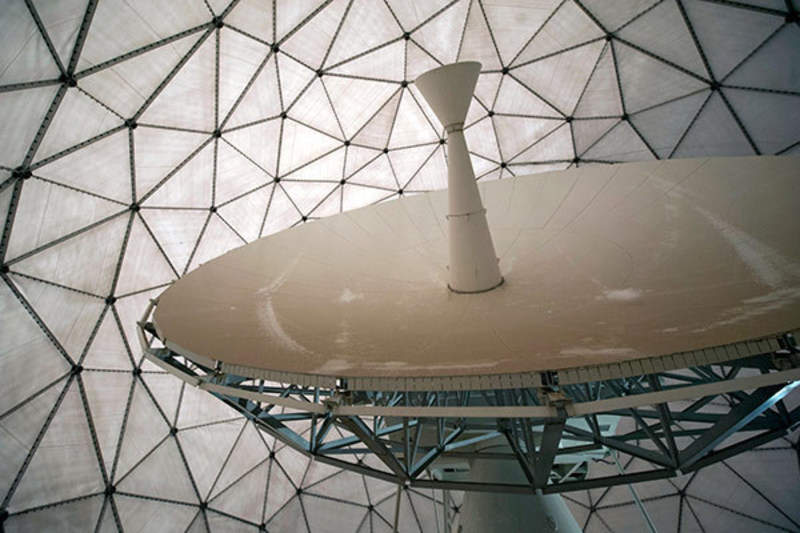
Raytheon Company’s GPS next-generation operational control system, GPS OCX, has entered its final software development phase.
During the final phase, the company will focus on improving automation and building controls for both L1C and M-code.
L1C is a civilian GPS signal aimed at enhancing international access and M-code is a military GPS signal with increased anti-jam capability.
Raytheon intelligence, information and services president Dave Wajsgras said: “Our team has two primary goals this year.
“We will support the US Air Force’s (USAF) GPS III launch this fall and complete the software build for the fully operational system by year’s end.”
Raytheon’s GPS OCX is the improved ground control segment of an effort led by the USAF in order to upgrade and modernise the GPS system of the country.

US Tariffs are shifting - will you react or anticipate?
Don’t let policy changes catch you off guard. Stay proactive with real-time data and expert analysis.
By GlobalDataThe programme is focused on implementing 100% of DODI 8500.2 ‘Defense in Depth’ information assurance standards without waivers, thereby providing it with the highest level of cybersecurity protections of any US Department of Defense (DoD) space system.
GPS OCX’s open architecture also enables it to integrate new capabilities and signals as they become available in order to ensure protection against future cyber threats.
The system has the ability to manage almost twice the satellites of the existing system which will help improve signal strength in difficult and challenging areas, such as dense cities and mountainous terrain.
The advanced automation of the system will allow crew members to focus on mission-critical tasks such as updating satellite positions more often.
Once the final software development phase of the GPS OCX is complete, the Raytheon team will start integrating and testing the system to ensure its delivery in June 2021.



